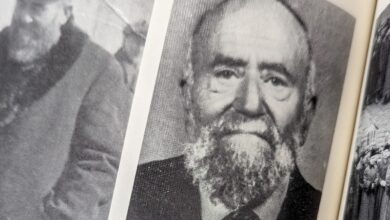Engaging with Bible, church helps guard against loneliness, American Bible Society finds

Americans who engage with the Bible and church are less likely to experience the loneliness epidemic that is sweeping the nation, the State of the Bible USA 2024 survey from the American Bible Society found.
“In our surveys, we’ve seen many ways that Americans benefit from Bible engagement, and we suspect that it might also help them feel less lonely, so we’re testing a hypothesis,” the survey report said. “If the nation is indeed experiencing an ‘epidemic of loneliness,’ what happens when people form a meaningful relationship with the God they meet in scripture?”
- Among the “Bible disengaged,” defined as those who score less than 70 on the Scripture Engagement Scale that measures the impact and centrality of the Bible on people’s lives based on their responses to a series of questions, 22 percent reported high levels of loneliness while 52 percent experienced moderate loneliness.
- Among the “movable middle,” those who score between 70 and 99 on the Scripture Engagement Scale, 59 percent reported high levels of loneliness and 17 percent experienced moderate loneliness.
- By contrast, a significantly smaller share of “scripture-engaged” respondents with Scripture Engagement scores of 100 or higher reported high (11 percent) and moderate (50 percent) levels of loneliness. The percentage of “scripture-engaged” respondents experiencing low loneliness (38 percent) was much higher than the 25 percent of both the “movable middle” and “Bible disengaged” who said the same.
“This information sets an agenda for anyone connected to Christian ministry; indeed, for any Christian who cares about young adults,” the report said. “Well over a third of Gen Z women indicate that they are highly lonely. They say no one understands them, that people are ‘around’ them but not ‘with’ them. Our God frequently says, ‘I am with you.’ He knows us better than we know ourselves and still loves us. Psalm 68:6 has a wonderful phrase that applies here: ‘You find families for those who are lonely’ . Perhaps God can use us to do that, becoming ‘families’ for lonely people around us.”
–Alan Goforth








